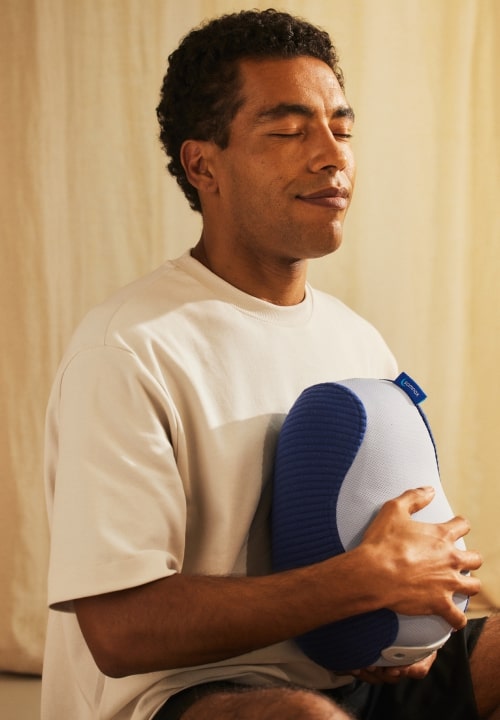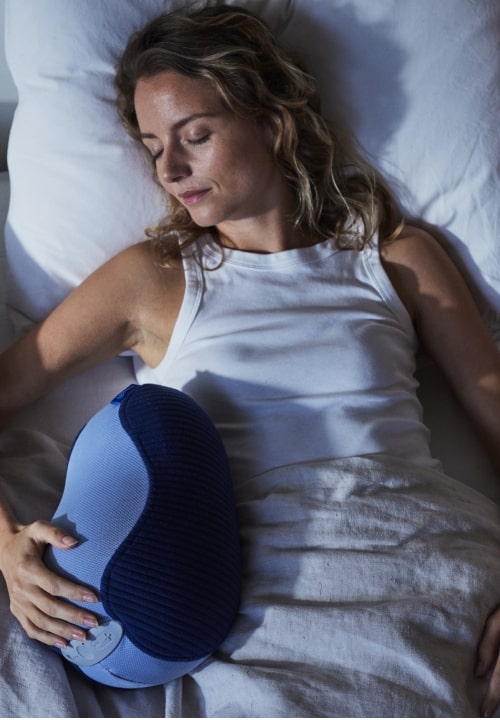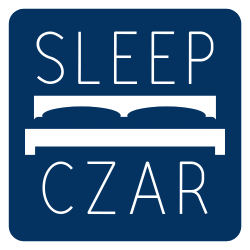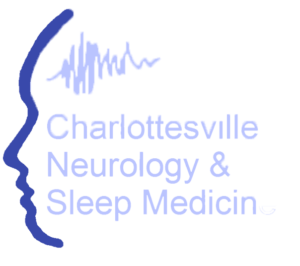The Science of Better Sleep
Dive into the key scientific insights that have fueled rapid adoption of Somnox sleep solutions across the world.
Recommended by Sleep Experts
We work closely together with scientists and experts in the field of sleep. Meet some of them below.

Breathing, your body’s built-in stress reliever
Why do you sigh? Because breathing is the only way we are able to consciously and subconsciously stimulate our nervous system. So when you intentionally alter your breathing rate, like slowing it down to a nice even pace, may have many calming, positive effects throughout the entire body. Studies show that breathing exercises can reduce symptoms of stress, anxiety, and insomnia. The Somnox 2 uses both auditory and physical cues to help you consciously and subconsciously slow down your own breath to reduce stress, naturally.
Russo, MA., Santarelli, DM. & O’Rourke, D. The physiological effects of slow breathing in the healthy human. Breathe (2017)
Naik, GS., Gaur, GS. & Pal, GK. Effect of Modified Slow Breathing Exercise on Perceived Stress and Basal Cardiovascular Parameters. Int. J. Yoga (2018)
Pal, G. & Velkumary, S. Effect of short-term practice of breathing exercises on autonomic functions in normal human volunteers. Indian J. Med. Res. (2004)
Calm breathing, calm mind
The National Health Service and Renowned institutions such as the Harvard Medical School both recommend breathing exercises as an effective way to relieve stress. Slowing down your breath is a proven technique to reduce anxious feelings, stop racing thoughts, calm your mind, and lower your heart rate – simply put, it helps you unwind stress and improve your mood.. The best part, you can use your breath at any time of the day or night when you need to relax.
Perciavalle, V. et al. The role of deep breathing on stress. Neurol. Sci. (2017)
Goldstein, M., Lewin, R. & Allen, J. Improvements in well-being and cardiac metrics of stress following a yogic breathing workshop: Randomized controlled trial with active comparison. J. Am. Coll. Health (2020)
Ma, X. et al. The Effect of Diaphragmatic Breathing on Attention, Negative Affect and Stress in Healthy Adults. Front Psychol. (2017)
Steffen, PR. et al. The Impact of Resonance Frequency Breathing on Measures of Heart Rate Variability, Blood Pressure, and Mood. Front. Public Heal. (2017)


Stop those racing thoughts
The biggest obstacle to a good night’s sleep? Stress. Simply perform gentle breathing exercises 20 minutes before bedtime, and you increase your ability to fall asleep faster, wake up less often, and improve your overall sleep quality. The Somnox 2 is your guide to deep, fulfilling breaths that help you get to sleep and stay asleep.
- Tsai, HJ. et al. Efficacy of paced breathing for insomnia: Enhances vagal activity and improves sleep quality. Psychophysiology (2015)
- Laborde, S. et al. Influence of a 30-Day Slow-Paced Breathing Intervention Compared to Social Media Use on Subjective Sleep Quality and Cardiac Vagal Activity. J. Clin. Med. (2019)
- Jerath, R., Beveridge, C., & Barnes, V. Self-regulation of breathing as an adjunctive treatment of insomnia. Front. Psychiatry (2018)
- Kuula, L. et al. The Effects of Presleep Slow Breathing and Music Listening on Polysomnographic Sleep Measures – a pilot trial. Sci. Rep. (2020)
Science is the backbone of Somnox
Born from scientific findings and expert opinions, the Somnox 2 channels the superpower of breathing into a natural force for rest and relaxation.

Read our latest research blogs
Read about our latest research on sleep, several expert interviews and updates on Somnox Research.
Become a Research Partner
Help us achieve our mission of getting 100 million people to sleep better by 2030 – we’re always happy to welcome new partners!





